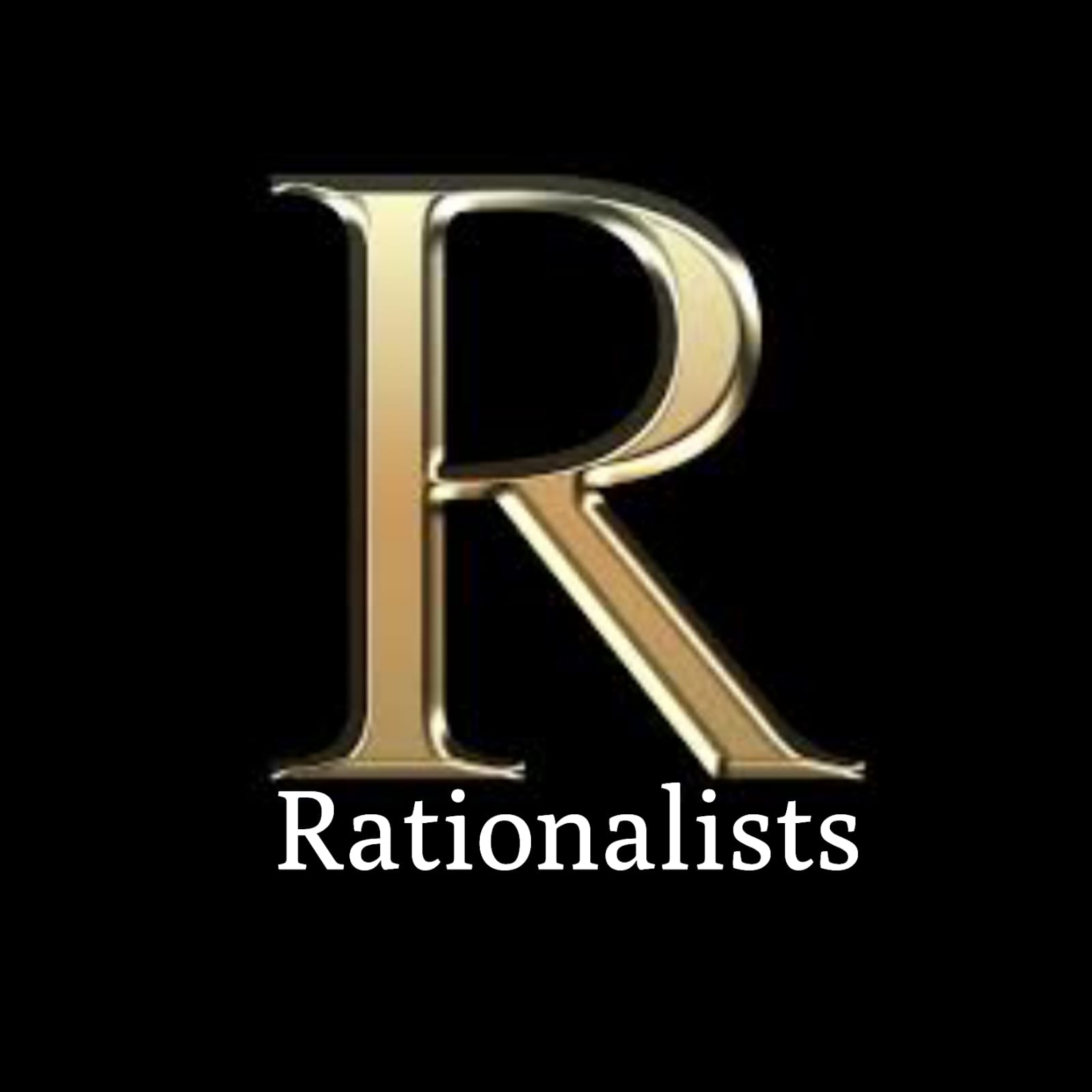WHO Faces Criticism for Pushing Traditional Medicine Integration
- Rationalist International

- Aug 27, 2023
- 2 min read

The World Health Organization (WHO) has faced backlash as it advocates for the integration of traditional and complementary medicine into national health systems. This move has ignited discussions about the scientific validity of such practices.
"Traditional medicine has made enormous contributions to human health and has enormous potential," emphasized WHO Director General Tedros Adhanom Ghebreyesus during the WHO Traditional Medicine Global Summit held in India. He stressed that traditional medicine is not a relic of the past and highlighted its rising demand, particularly for preventing and treating non-communicable diseases. Tedros urged countries to critically assess how these traditional and complementary practices can be effectively incorporated into their healthcare systems.
The integration of complementary and alternative medicines into mainstream healthcare systems has not been universally adopted. A study conducted in 2020 revealed disparities in reimbursement policies across Europe, with countries like Sweden, Denmark, and Norway offering greater coverage for these treatments compared to Poland, Hungary, and the Czech Republic.
The summit coincided with the G20 health ministers' meeting in India, where Spain, the current Council Presidency holder, expressed its commitment to discussing the role of traditional medicine in health and sustainable development.
The WHO's stance on traditional medicine has faced scrutiny from experts and the public alike. Through social media platform X (formerly Twitter), the organisation shared posts defending the historical significance of traditional medicine and its role in scientific advancement. One such post prompted a debate on whether practices like homeopathy and naturopathy should be classified as traditional medicine.
Critics argue that the promotion of practices like homeopathy, which lacks scientific backing, compromises the credibility of the WHO. David Gorski, a surgical oncologist, and editor of Science-based Medicine, denounced the endorsement of homeopathy as "quackery" and challenged the historical basis of its traditional categorisation.
Responding to the critique, the WHO acknowledged that its messaging could have been clearer. The organization reiterated its commitment to applying evidence-based principles to traditional medicine, aiming to ensure its safety and effectiveness for the millions of people globally who use such treatments. The WHO emphasized that validated traditional medicine could play a role in improving healthcare access for underserved populations.
The controversy surrounding the integration of traditional medicine into healthcare systems highlights the tensions between historical practices and modern scientific standards. While the WHO contends that these approaches hold potential, critics continue to raise concerns about pseudoscience infiltrating official healthcare frameworks.




Comments